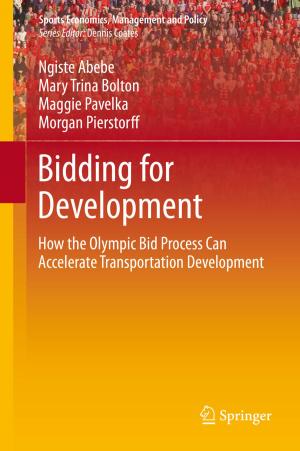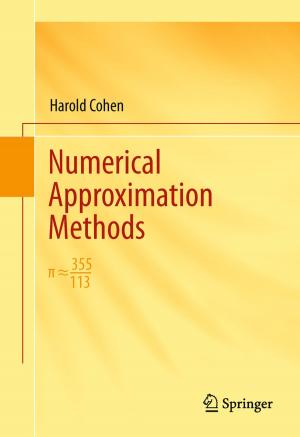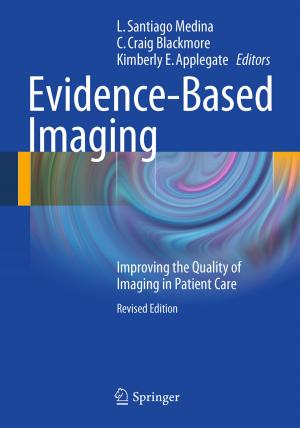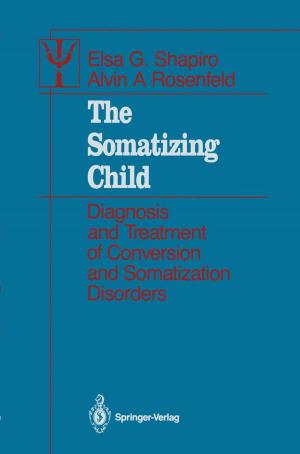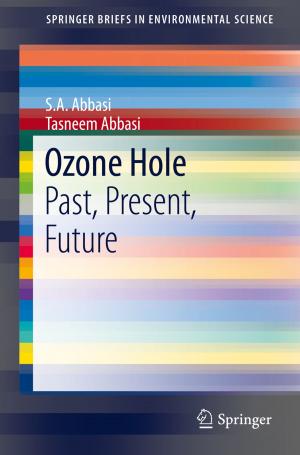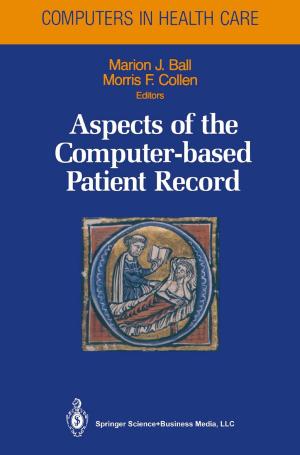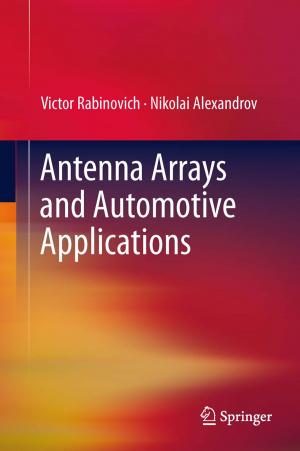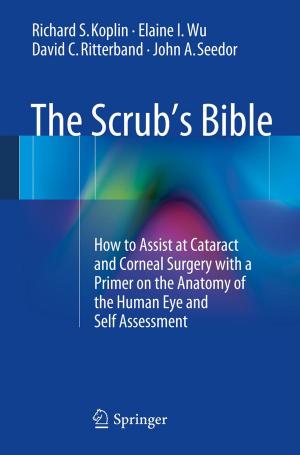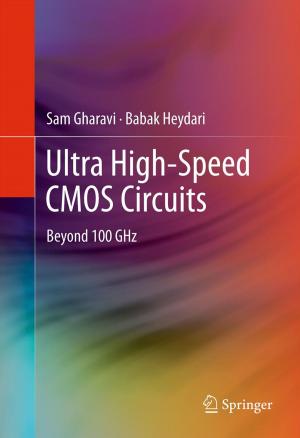Androgen Action in Prostate Cancer
Nonfiction, Health & Well Being, Medical, Medical Science, Genetics, Specialties, Oncology| Author: | ISBN: | 9780387691794 | |
| Publisher: | Springer New York | Publication: | April 20, 2009 |
| Imprint: | Springer | Language: | English |
| Author: | |
| ISBN: | 9780387691794 |
| Publisher: | Springer New York |
| Publication: | April 20, 2009 |
| Imprint: | Springer |
| Language: | English |
Androgens are critical regulators of prostate differentiation and function, as well as prostate cancer growth and survival. Therefore, androgen ablation is the preferred systemic treatment for disseminated prostate cancer. Androgen action is exerted in target tissues via binding the androgen receptor (AR), a nuclear receptor transcription factor.
Historically, the gene expression program mediated by the AR has been poorly understood. However, recent gene expression profiling and more traditional single-gene characterization studies have revealed many androgen-regulated genes that are important mediators of androgen action in both normal and malignant prostate tissue. This book will focus on the androgen-regulated gene expression program, and examine how recently identified androgen-regulated genes are likely to contribute to the development and progression of prostate cancer. Recent studies that have attempted to unravel how these genes are deregulated in androgen depletion independent prostate cancer will be included
Androgens are critical regulators of prostate differentiation and function, as well as prostate cancer growth and survival. Therefore, androgen ablation is the preferred systemic treatment for disseminated prostate cancer. Androgen action is exerted in target tissues via binding the androgen receptor (AR), a nuclear receptor transcription factor.
Historically, the gene expression program mediated by the AR has been poorly understood. However, recent gene expression profiling and more traditional single-gene characterization studies have revealed many androgen-regulated genes that are important mediators of androgen action in both normal and malignant prostate tissue. This book will focus on the androgen-regulated gene expression program, and examine how recently identified androgen-regulated genes are likely to contribute to the development and progression of prostate cancer. Recent studies that have attempted to unravel how these genes are deregulated in androgen depletion independent prostate cancer will be included

